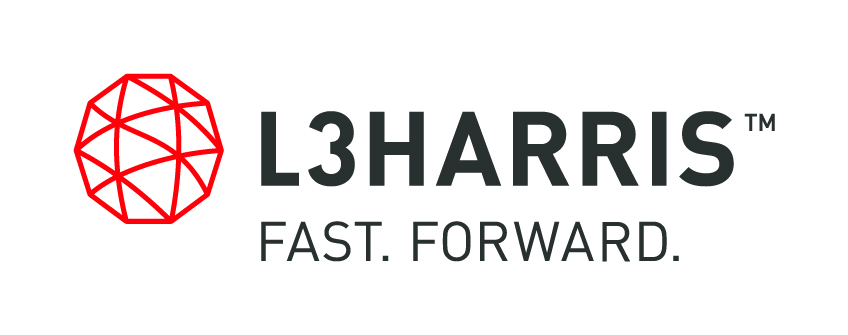GPU-driven Explainable Machine Learning for Reliable Quantum Computing |
Overview
Quantum computers are expected to offer exponential speedup over classical computers in a
variety of computational tasks. Recent demonstration of quantum computational supremacy by Google
brings promise for the potential of quantum computation. However, the results also demonstrated that
Noisy Intermediate-Scale Quantum (NISQ) devices are limited in usability and reliability due to noise
arising from thermal relaxation, interaction between qubits, and measurement. Mitigating noise is thus
an important problem to ensure reliable quantum computing. Existing noise models often make
simplifying assumptions which limits the scope of noise mitigation techniques. While recent quantum
machine learning techniques have shown promising results in noise prediction, they are not useful in
developing quantum algorithms for two fundamental reasons. (1) The intersection of quantum
computing and machine learning is in its infancy. Most of quantum circuit development and quantum
compilers still rely on traditional (simplified) noise models, which are insufficient for NISQ
algorithms. (2) Existing quantum machine learning methods provide noise prediction using an obscure
decision procedure. As a result, the prediction cannot be interpreted in a meaningful way. For example,
a quantum compiler has no intuition of the underlying correlation between the noise and the expected
computation, thus hindering progress in noise mitigation and realization of quantum advantages. In this
project, we plan to utilize explainable machine learning using GPGPUs for effective noise prediction
and mitigation. Specifically, we will investigate the feasibility of backpropagation, layer-wise
relevance propagation, perturbation as well as model distillation for efficient prediction and
localization of quantum noise. We plan to utilize GPGPUs to implement our explainable machine
learning since GPU technology is well suited due to high bandwidth main memory, low memory
access latency by utilizing thread parallelism, and large quantities of fast registers. A successful
implementation of this project will bring us a step closer to realizing useful quantum algorithms on
today’s noisy quantum computers to outperform their classical counterparts.
Members
Downloads
Stay tuned ...
Publications
Stay tuned ...
Research Sponsors
 |
This project is funded by (L3Harris) Corporation Endowment for CISE/ECE PhD Student Funding. The views expressed on the site are those of the members of this project and do not necessarily represent those of L3Harris. |
